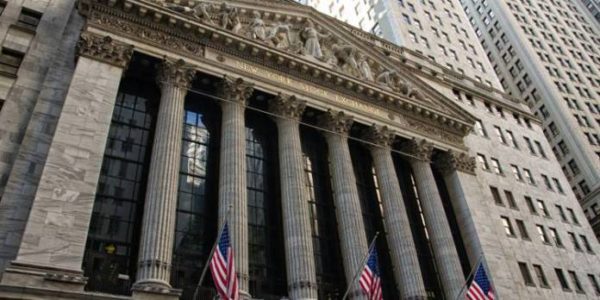After a series of sanctions taken by the Biden administration in connection with accusations of Russian interference in the 2020 US presidential election, espionage and cyberattacks, Moscow, which had promised to retaliate, unveiled in turn on Friday April 16, a series of retaliatory measures against the United States. Washington had notably announced the expulsion of ten Russian diplomats, sanctions against several Russian personalities and organizations as well as the prohibition by the American Treasury on American banks to buy directly sovereign debt issued by Russia after June 14, 2021. The objective of the United States being to cool the ardor of international banking institutions in order to affect the Russian economy.
Moscow does not seem to be visibly worried about measures specifically concerning the ban on the purchase of bonds issued by Russia, reassuring about its ability to counterbalance and annihilate the effects of economic sanctions through its own stabilization instruments. Russia’s finance ministry estimates that 80% of the treasury bills it issues are held by domestic investors. Russian financial circles, for their part, believe that this measure will not have significant consequences and will not affect Russia’s economy or its borrowing program. Moscow considers that this measure deprives American banking institutions of profits and that therefore these sanctions necessarily backfire.
The shepherd’s replica to the shepherdess
In retaliation, Moscow announced sanctions proportional to those of the Americans. In particular, the expulsion in turn of ten American diplomats and imposed restrictions on American organizations, sometimes with exercise bans for certain NGOs. The Russians, like the Americans, have also sanctioned senior US officials including members of the Biden administration. In this case, Justice Minister Merrick Garland, Homeland Security Minister Alejandro Mayorkas, Home Policy Advisor Susan Rice, FBI boss Christopher Wray, US National Intelligence Director Avril Haines, a headliner of American intelligence who oversees and coordinates the activities of the CIA, NSA and 15 other intelligence agencies and who, before his appointment to this post by Joe Biden, was until then number 2 in the CIA. Measures that have made Washington cringe. These and other leading American figures are currently banned from visiting Russia. After recalling US Ambassador Anatoly Antonov for consultation in mid-March, Russian authorities recommended US Ambassador to Moscow John Sullivan return to Washington for “full and serious consultations.”
Relations between Washington and Moscow are at their lowest since the recent interview with US President Joe Biden in which he called Vladimir Putin a “killer”. Returning blow for blow, sometimes blowing hot, sometimes cold, the two men hope despite their opposition to achieve a de-escalation through a Biden-Putin summit in neutral territory, the principle of which is endorsed by the two camps to iron out the differences and normalize relations between the two powers.



